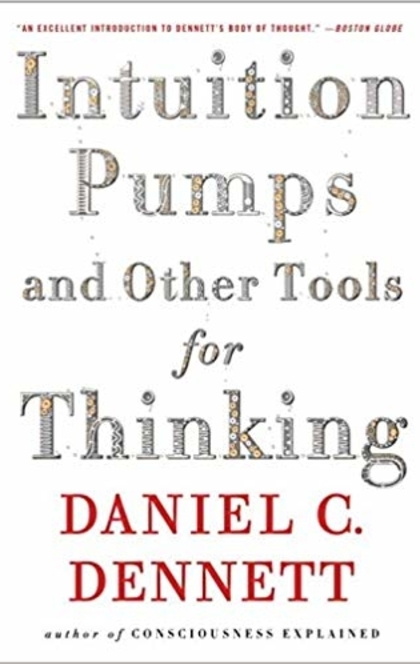
Richard Dawkins Books He Recommends - 13 Reads
Richard Dawkins
Check out 13 of the greatest books on different topics suggested by this prominent scientist.
See all
0
likes
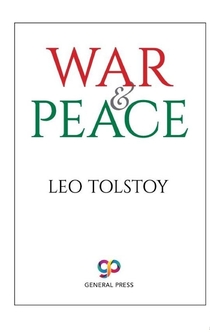
War and Peace
What do you plan to read next?“War and Peace.” Oh dear, I set myself up for that, didn’t I?
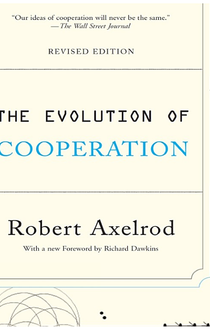
The Evolution of Cooperation
Robert Axelrod’s “Evolution of Cooperation” is salutary for anybody involved in settling disputes and trying to foster cooperation.

The Demon-Haunted World
If you could require the president to read one book, what would it be? And the British prime minister?I’d take the following two books, hand one to each of them, then ask them to swap books so they end up reading both: Carl Sagan’s “Demon-Haunted World” is the best antidote I know to superstition and pseudoscience.
See all

Avoid Boring People
What books would you recommend to an aspiring scientist?Both Peter Medawar and James Watson have written books on this. Called, respectively, “Advice to a Young Scientist” and “Avoid Boring People,” these are not their authors’ best books, but they offer memorable hints for success in the vocation of science.
See all

Advice To A Young Scientist
What books would you recommend to an aspiring scientist?Both Peter Medawar and James Watson have written books on this. Called, respectively, “Advice to a Young Scientist”

The Black Cloud
Work of science fiction, Fred Hoyle’s “Black Cloud.” In many ways a deplorable book (the hero, with whom we are supposed to identify, is obnoxious, aggressively rude, sexist and a terrible role model for scientists), I nevertheless learned more science from it, at a formative age, than one ever expects from a work of fiction.
See all
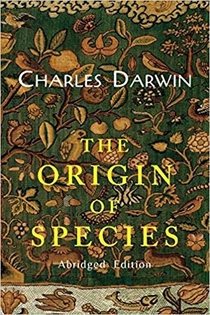
On the Origin of Species by Means of Natural Selection, Or, The Preservation of Favoured Races in the Struggle for Life
The obvious, and true, answer is Darwin’s “Origin,” but I didn’t read the book itself until after its message had changed my life by secondary routes.
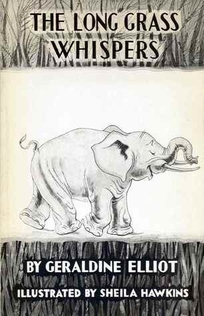
The Long Grass Whispers
Geraldine Elliot listened to the folk tales of the Ngoni people further south (where I lived after my family moved from Kenya), and she produced a beautiful series of children’s books which I adored. “The Long Grass Whispers.”
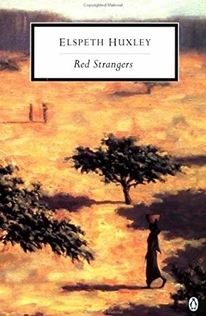
Red Strangers
The greatest novel to come out of Kenya is, in my admittedly limited opinion, one of the great novels of the English language, and it is lamentably neglected by literary connoisseurs: Elspeth Huxley’s “Red Strangers,” a saga sweeping through four generations of a Kikuyu family, based on the author’s sympathetic and lifelong familiarity with that tribe.
See all

Attack of the Theocrats
Less well known, but very good in their different ways, are J. Anderson Thomson’s “Why We Believe in God(s),” a psychologically informed analysis of what J. L. Mackie called “The Miracle of Theism,” and Sean Faircloth’s “Attack of the Theocrats!,” a chillingly well-researched unmasking of the contemporary political threat to America’s noble secular tradition.
See all
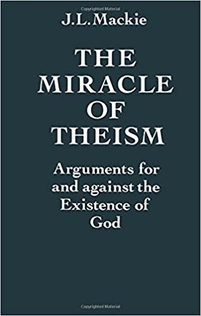
The Miracle of Theism
Less well known, but very good in their different ways, are J. Anderson Thomson’s “Why We Believe in God(s),” a psychologically informed analysis of what J. L. Mackie called “The Miracle of Theism,” and Sean Faircloth’s “Attack of the Theocrats!,” a chillingly well-researched unmasking of the contemporary political threat to America’s noble secular tradition.
See all

Why We Believe in God(s)
Less well known, but very good in their different ways, are J. Anderson Thomson’s “Why We Believe in God(s),” a psychologically informed analysis of what J. L. Mackie called “The Miracle of Theism,” and Sean Faircloth’s “Attack of the Theocrats!,” a chillingly well-researched unmasking of the contemporary political threat to America’s noble secular tradition.
See all
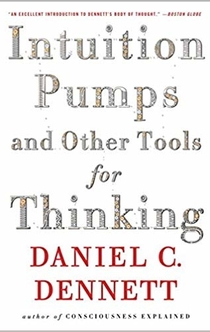
Intuition Pumps And Other Tools for Thinking
But the best new book I have read is Daniel Dennett’s “Intuition Pumps and Other Tools for Thinking.” A philosopher of Dennett’s caliber has nothing to fear from clarity and openness.






